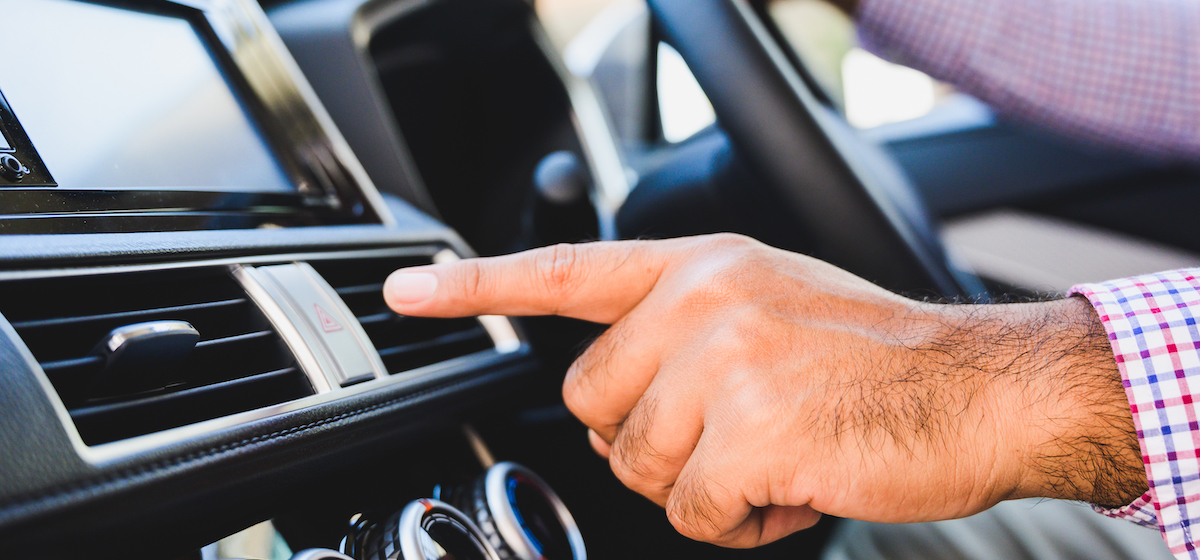Surely, we’ve all had those niggling thoughts when driving about – whether what we are doing is shortening the lifespan of our car. Are we doing the right thing, or should we be doing something differently? Should I turn off the a/c when I’m sitting in traffic? Can I wait a bit longer until I fuel up my diesel car?
Luckily, Paul Murrell from seniordriveraus is here to answer our car questions.
Seniorsdriveraus is written by experienced motoring journalists who understand the value of doing their homework. They provide useful information to over-50 drivers, everything from car reviews to maintenance, towing to practicality – in fact, everything you need to know about cars and motoring.
What should I do if my diesel car runs out of fuel?
Most people know that allowing a diesel-powered vehicle to run completely out of fuel is unwise.
Most modern diesel engines have a computerised priming function that you can use if you run out of fuel (after refuelling, of course!) However, if your battery is healthy, you may not need it.
Modern diesel engines use a low-pressure electric fuel pump, usually located in the fuel tank. This delivers fuel to a high-pressure mechanical fuel pump (HPFP) driven directly from the engine.
If you run completely out of fuel, air gets into the lines and the pumps. Sometimes, this will necessitate bleeding the entire system – both expensive and inconvenient.
However, once you have refilled the tank and switched on the ignition, the electric pump will push fuel into the lines, usually at about three bars of pressure. This will compress the air in the line into a much smaller volume near the HPFP. The HPFP delivers fuel at much higher pressure than the electric pump, feeding the piezo electric injectors that then pump tiny amounts of fuel directly into the cylinders at thousands of psi.
Given enough turns of the starter motor, this will purge the air out of the fuel lines.
One thing you should remember is that diesel fuel is also used as both lubricant and coolant. Running the tank dry risks damaging the pumps. Priming usually opens the fuel return to the tank and allows all of the air in the lines to escape back into the tank. The HPFP will get some fuel immediately and the injectors within two or three cycles. This will reduce, but not necessarily eliminate, the possibility of damage.
But the best advice of all: don’t run out of diesel fuel.
Should I turn off the a/c when sitting in traffic?
Some people are concerned that using the air conditioner in a car while sitting idling may not be a good idea.
Of course, sitting in traffic is often the time you need cooling in the car, so should you shut down the air conditioner?
The short answer is no. Modern cars are designed to operate the air conditioner at idle without causing damage. If your car is operating in stop/start mode, you may notice that after a few moments, the engine fires up because without the engine to operate it, the air conditioner isn’t actually working.
However, if you are sitting in traffic, on a hot day, with the air conditioner operating, keep an eye on the temperature gauge and if it starts to climb, consider switching the air conditioner off.
Over to you. Do you have a motoring question for Paul? Email it to newletters@yourlifechoices.com.au and put ‘Motoring question’ in the subject field.
If you enjoy our content, don’t keep it to yourself. Share our free eNews with your friends and encourage them to sign up.
Related articles:
https://www.yourlifechoices.com.au/podcasts/motoring-tips-from-the-expert
https://www.yourlifechoices.com.au/lifestyle/why-you-turn-down-the-radio-when-youre-trying-to-park-your-car
https://www.yourlifechoices.com.au/lifestyle/even-good-drivers-make-mistakes/

